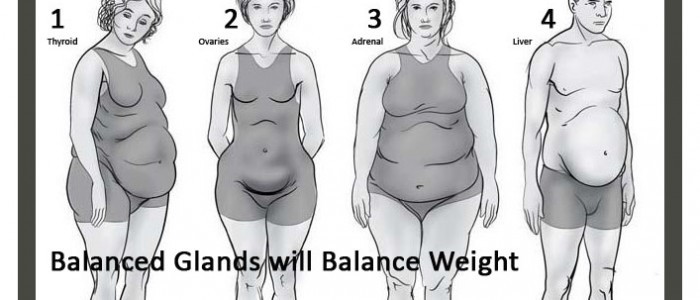Weight Loss – New Hormone Discovered that can Mimic Exercise Benefits
Scientists have recently discovered a certain hormone can help treat weight loss, obesity and type 2 Diabetes by mimicking the effects of exercise.
Scientific researchers based at USC Leonard Davis School of Gerontology have recently discovered a new hormone. Dubbed “MOTS-c” the hormone is unlike any other hormone discovered so far and has the ability to target muscle tissue and restore insulin sensitivity and normalise the metabolism.
Changhan Lee, the study’s other lead author, explained: “This discovery sheds new light on mitochondria and positions them as active regulators of metabolism.”
MOTS-c can apparently combat the usual weight gains that are typically inherent in a high-fat diet. The apparent benefits can be similar to that of a physical exercise regime. The hormone reacts with the body’s insulin to counteract diet-induced or age-dependent insulin resistance and nurtures effective processing of glucose sugars.
What are hormones?
Hormones are molecules inside the body that act as signals. They are associated with triggering a range of physiological responses.
Examples of where hormones are secreted from:
- Pituitary gland
- Pineal gland
- Thymus
- Thyroid
- Adrenal glands
- Pancreas
- Testes
- Ovaries
More information on hormones: http://www.news-medical.net/health/What-are-Hormones.aspx
The extensive study was carried out on a test group of mice which had been fattened up to obesity levels first. Once the hormone was injected into the mice their weight gain decreased and the insulin resistance which was also caused by the poor diet was reversed. The study was published Cell Metabolism.
The conclusions drawn have pointed to the development of new ways to combat obesity and type 2 diabetes. This is because of the closeness to humans of the physical mechanisms tested. Of course additional research will be needed but Dr. Pinchas Cohen has indicated human trails could begin with 3 years.
Dr. Pinchas Cohen, senior author of the study, said: “This represents a major advance in the identification of new treatments for age-related diseases such as diabetes.”
Diabetes affects an estimated 380 million across the globe so any good news on easing the problems that arise as a consequence are very welcomed.

